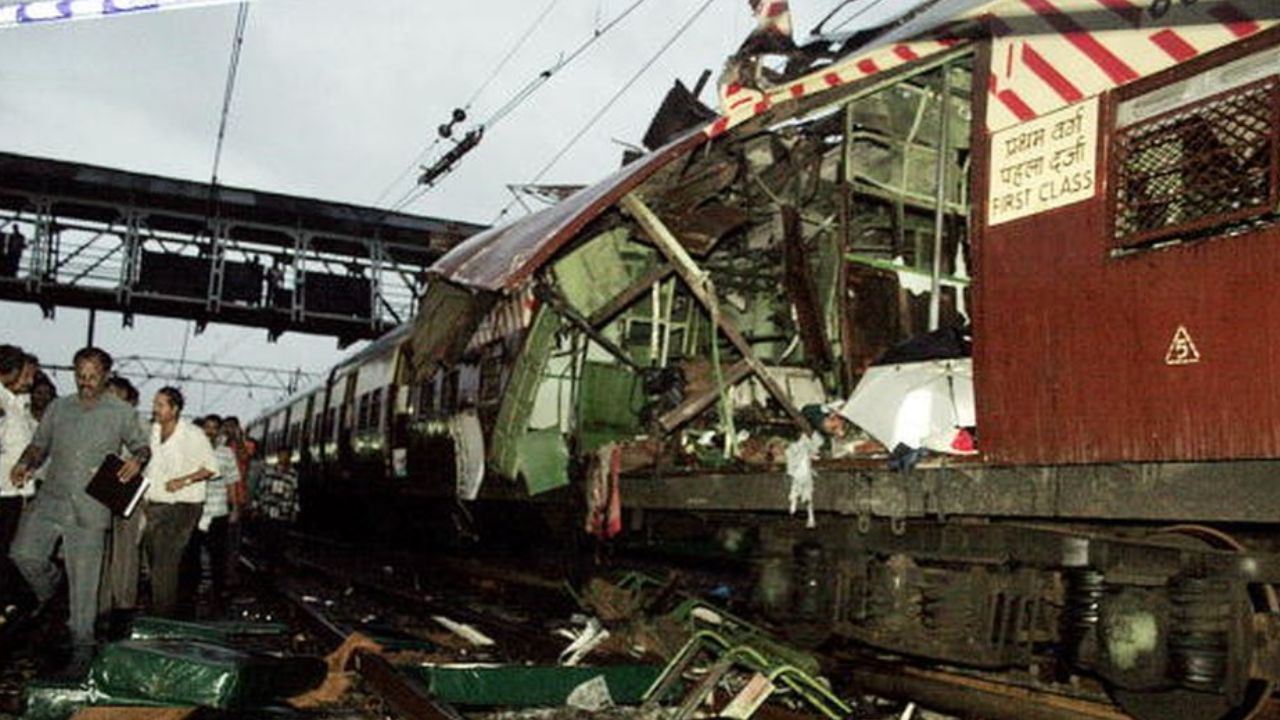2006 mumbai train bombing case: The terrible memories of the horrific bomb blasts in Mumbai’s local trains in 2006 are still fresh in the hearts of people. 189 people were killed and more than 800 people were injured in that terrorist attack. But 19 years after this heartbreaking accident, the Bombay High Court has acquitted all the 12 accused convicted by the lower court, bringing a new turn in the case.
What did the High Court say?
The Division Bench of the Bombay High Court, which included Justice Anil Kilor and Justice Shyam Chandak, said that the prosecution had completely failed to prove the case against the accused. It is difficult to believe that the accused have committed this crime. Therefore, the decision of the lower court is canceled and the accused are convicted.
The court also clarified that if the accused are not wanted in any other case, they should be released from jail.
What was the decision of the lower court in 2015?
In 2015, 12 accused were convicted by a special MCOCA court. Of these, 5 were sentenced to death sentence and 7 were sentenced to life imprisonment. At that time the court admitted that all these were part of the terrorist conspiracy and they had relations with Lashkar-e-Taiba and Simi in Pakistan.
According to the prosecution, these blasts were carried out from Pakistan with the help of ISI, in which explosives were filled in the pressure cooker in the train bogies. This incident is counted in the most horrific terrorist attacks in the country.
What is the weaknesses in the case?
According to the High Court, strict prosecution of evidence could not be added. Due to the contradictions in witnesses, questions on the legal validity of alleged confessions and lack of forensic evidence, the court found that there were not enough and reliable evidence to convict the accused.
Wide impact of this decision
This decision shows the transparency and caution of India’s judicial process, but it is also a deep trauma for the victim families.
Many big questions also arise from this decision:
• Are the real guilty still roaming freely?
• Did the matter weakened due to failure of investigative agencies?
• Will this case be investigated again?
Judicial challenges in terrorism cases in India
This case is a classic example of how long judicial process, insufficiency of evidence and flaws of investigation make conviction difficult even in serious cases like terrorism. It is necessary that the country’s security agencies and prosecution systems ensure better coordination and evidence management in such cases.
The horrors of 2006 Mumbai train blasts still shocks every Indian. But after 19 years, when the court acquires all the accused, it becomes justice, system, and hopes of the victims – a difficult halt for the three. This decision is a proof of judicial sensitivity on the one hand, on the other hand it also indicates the weakness of the security and the investigation system.
It has become necessary that now the Central Government and the Maharashtra government should review the matter again, so that not only the culprits are punished, but there is no shortage in such investigations in the future.








